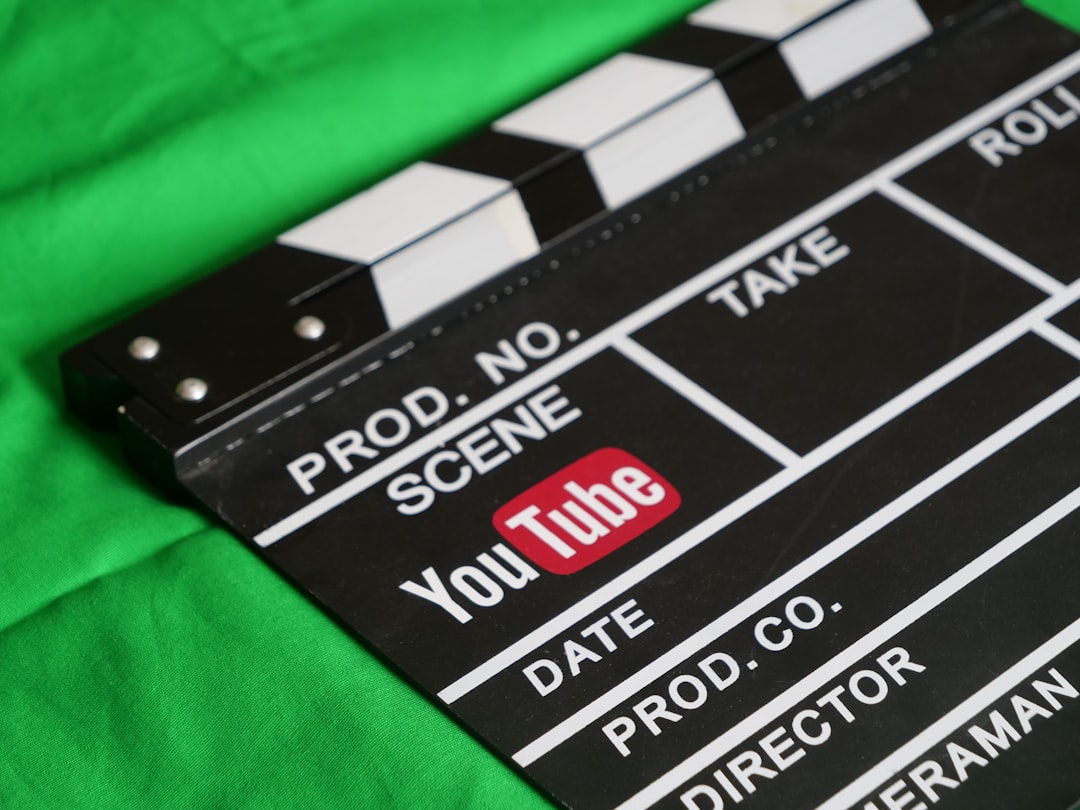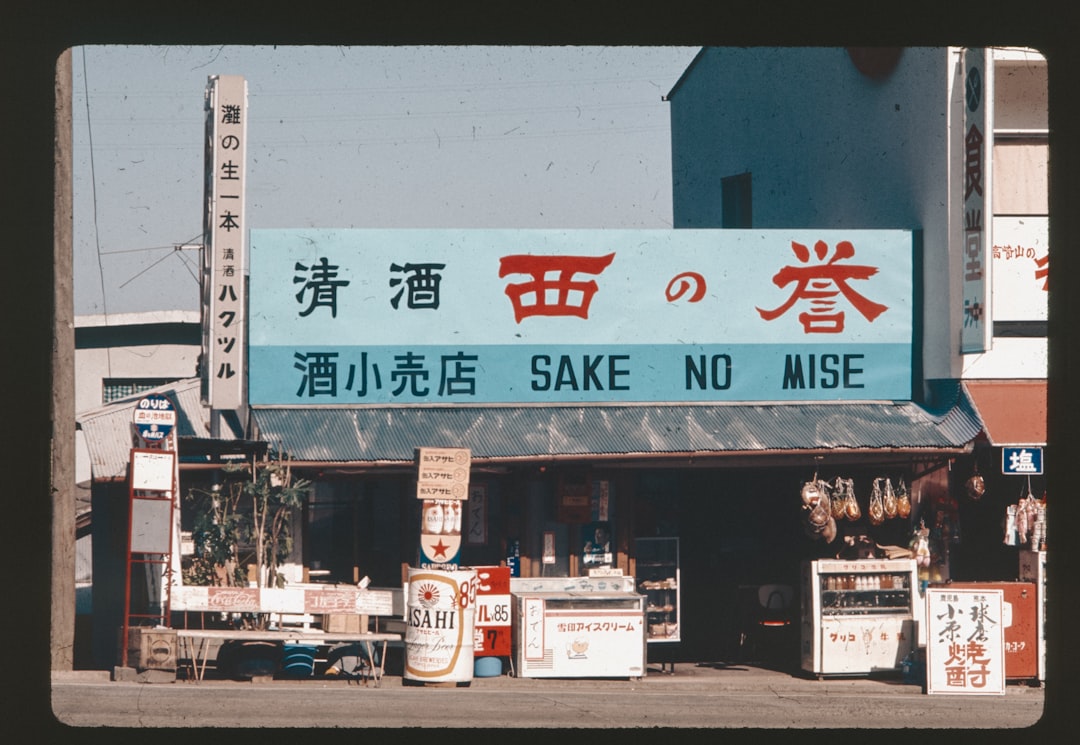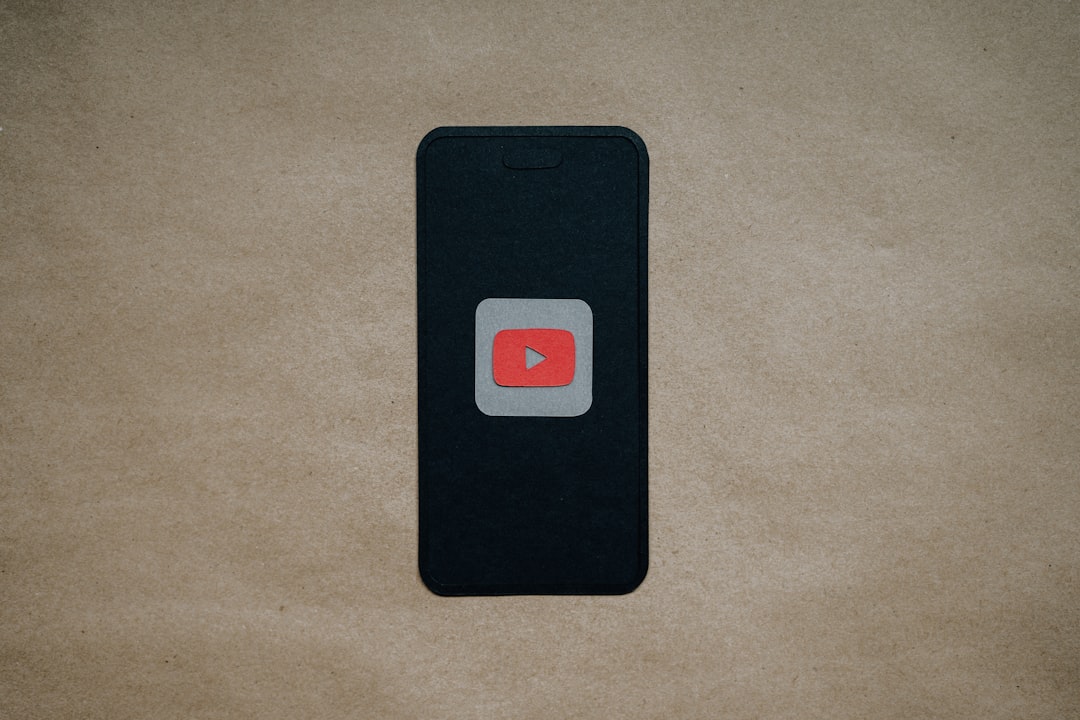Ever watched a YouTube video and thought, “I wish I had the captions!” You’re not alone. Captions are super useful. Whether you’re learning a new language, grabbing quotes, or just want to read instead of listen, captions help. But how do you get them? And more importantly, can you?
Let’s dive into how to extract captions from YouTube videos. We’ll keep it legal, simple, and even a little fun.
Why Extract Captions?
First, let’s talk about the why. Why would anyone want to extract YouTube captions?
- To study a subject offline
- For creating transcripts
- For translation or subtitles
- To quote a speaker in an article
Whatever your reason, the key is doing it the right way.
Types of Captions on YouTube
Before extracting anything, it’s helpful to know what kind of captions exist.
- Automatic Captions: Generated by YouTube. These aren’t perfect but are available for many videos.
- Creator Captions: Uploaded by the video creator. These are usually the most accurate.
- User-Contributed Captions: In the past, users could submit captions, but this feature has been discontinued.
So when you’re extracting captions, you’re either getting the auto-generated ones or those the creator provided.
Is It Legal?
Let’s not get arrested, okay? So here’s a breakdown of the legal side.
Fair Use vs. Copyright
YouTube captions are part of a video’s content. That means they can be protected by copyright. But here’s when you might be safe:
- Educational Use: If you’re using small parts for learning or teaching.
- Commentary or Criticism: You’re discussing something or reviewing the video.
- Non-commercial Projects: You’re not trying to make money from it.
These all fall under a concept called Fair Use. But remember, Fair Use is a defense, not a rule. That means if you end up in court, you’ll need to prove it. Yikes.
Your safest bet? Ask permission from the content creator. A quick message might save you a lot of trouble.
How to Extract Captions
Okay, let’s get to the fun part. There are a few ways to extract YouTube captions. Some are easy, others techy.
Option 1: Use YouTube’s Interface
This is the simplest method.
- Open the video on YouTube.
- Click the three dots next to the Save button.
- Select “Open transcript”.
A transcript will appear on the right. You can copy and paste it into a document. Easy!
Option 2: Use Online Tools
There are websites that do the hard work for you. Some popular ones include:
- downsub.com
- dvdvideosoft.com
- saveSubs
Simply paste the video URL, and you can download the captions in .srt or .txt files.
Note: Some tools may not work with certain videos, especially if the captions are auto-generated or private.
Option 3: Use Browser Extensions
If you extract captions a lot, browser extensions might help.
- Extension Examples: Transcripter for Chrome, Video Transcriber
- Adds a button below the video to grab the captions
Caution: Make sure the extension is from a trusted source. Check reviews and permissions.

Option 4: Use Developer Tools
This one is for the geeky crew out there.
- Right-click on the YouTube page and choose “Inspect”.
- Switch to the “Network” tab.
- Play the video and filter for
timedtext. - Find the caption file and open its URL.
The file usually opens in XML. You can even convert it to text later.
Cool, huh? But maybe not for everyone, especially if code makes you nervous.
Converting Captions for Your Use
You got the captions. Now what?
You might want them in a better format. You can use online tools to:
- Convert from .srt to plain text
- Remove timestamps
- Split longer captions into paragraphs
For example, check out Subtitle Tools for quick conversion.
Good Caption Etiquette
Let’s say you want to use the captions somewhere else. Maybe on your blog or in a video. Here are a few friendly tips:
- Credit the source
- Don’t misquote
- Edit responsibly
Why? Because even if you think it’s “just text,” words matter. Misusing captions can hurt someone’s message.
What Not to Do
Some big no-nos when handling YouTube captions:
- Don’t sell or redistribute them without proper rights
- Don’t extract from private or unlisted videos
- Don’t use them out of context to mislead

Bonus Tips for Caption Nerds
If you’re diving deep into the world of captions, here are some pro moves:
- Use transcription software like Otter.ai or Descript for your own videos
- Host your own captions if you post content online
- Learn SRT formatting for subtitle editing fun!
And who knows? Maybe you’ll become the go-to Caption Champion among your friends.
Final Thoughts
Caption extraction can be super useful. And it’s not rocket science. But always remember to stay legal and respectful. The internet is a shared space, and doing things the right way makes it better for all of us.
So go ahead, grab the captions you need—just don’t forget to play nice.
Happy extracting!

